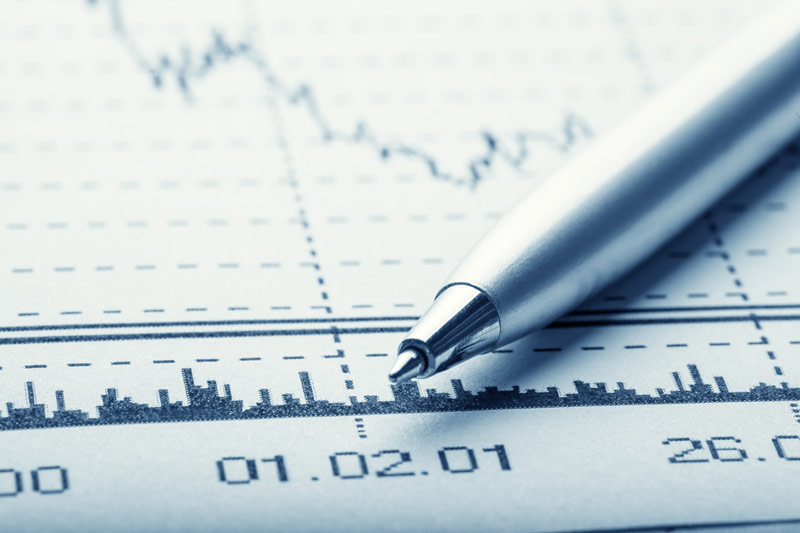Investing.com– Most Asian stocks rose on Friday tracking record highs on Wall Street and optimism over more policy support in China, although caution before a Bank of Japan meeting still kept investors on edge.
Regional markets took a positive lead-in from Wall Street, where the S&P 500 hit a record high as President Donald Trump said he will call for lower interest rates from the Federal Reserve. Trump
U.S. stock index futures steadied in Asian trade, with focus turning to a Fed meeting next week, where the central bank is widely expected to keep rates unchanged.
Sentiment towards Asian markets was also supported this week by China outlining more support for local equities, as they grappled with concerns over increased trade tariffs under Trump.
Japanese stocks upbeat with BOJ rate hike in focus
Japan’s Nikkei 225 and TOPIX indexes rose 0.8% and 0.7%, respectively, taking support from gains in technology stocks.
Both indexes were trading up between 3% and 5% this week, as analysts bet that a BOJ rate hike was largely priced in.
The central bank is widely expected to raise interest rates by 25 basis points at the conclusion of a meeting later on Friday. Strong consumer price index inflation data, released earlier in the day, furthered bets on a rate hike.
But while higher rates bode poorly for Japanese markets, they also reflect increasing confidence in the local economy, which stands to benefit domestically exposed sectors.
Purchasing managers index released on Friday showed Japan’s manufacturing sector shrank for a seventh consecutive month in January. But growth in services picked up sharply.
Chinese stocks rise on policy cheer; Hong Kong rallies
China’s Shanghai Shenzhen CSI 300 and Shanghai Composite indexes rose 0.7% and 0.4%, respectively, extending gains from earlier in the week.
Hong Kong’s Hang Seng index was a standout performer in Asia, rallying 1.7% on gains in major chipmaking stocks, as investors bet that recent U.S. export controls would boost local demand for the sector.
Sentiment towards China was buoyed by the government asking state-run insurers and financial institutions to deploy more capital in local equities.
This helped Chinese markets overcome a weak start to the week, after Trump raised the prospect of imposing 10% trade tariffs on China by as soon as February 1.
Chinese markets will be closed next week for the Lunar New Year holiday. But before that, key PMI data for January is due on Monday.
Broader Asian markets were mostly upbeat. Australia’s ASX 200 added 0.5%, even as PMI data showed business activity remained weak in January.
Gains in chipmaking stocks- on optimism over a $500 billion artificial intelligence project in the U.S.- drove South Korea’s KOSPI up 0.8%.
Singapore’s Straits Times index fell slightly as the Monetary Authority of Singapore loosened monetary policy for the first time since 2020, warning that it expects growth to be slower than initially forecast this year. But inflation is also expected to decline.
Futures for India’s Nifty 50 index pointed to a flat open, as the index wallowed near seven-month lows.



